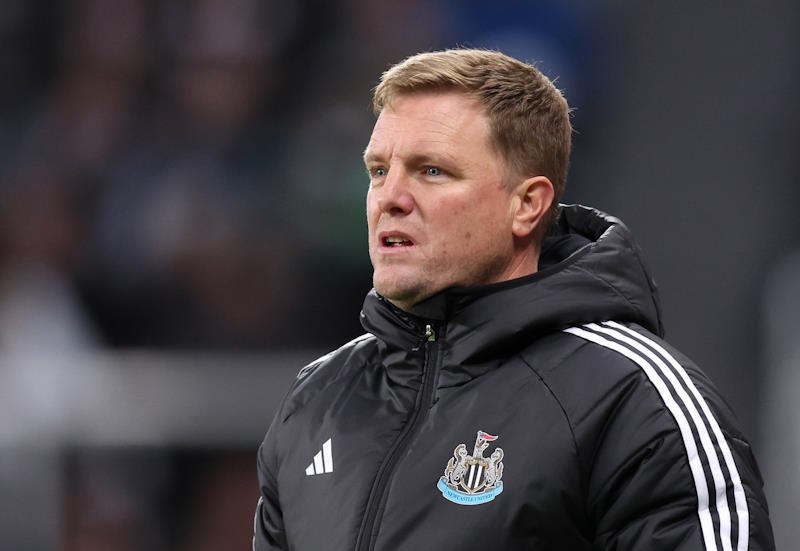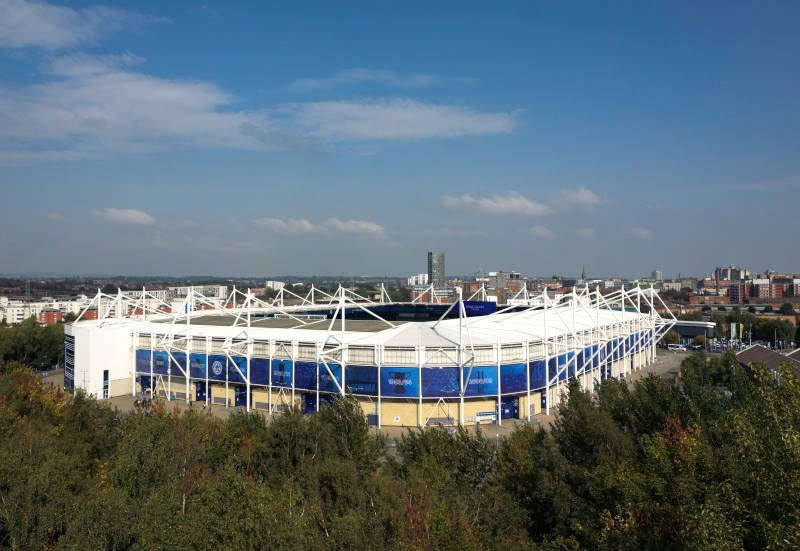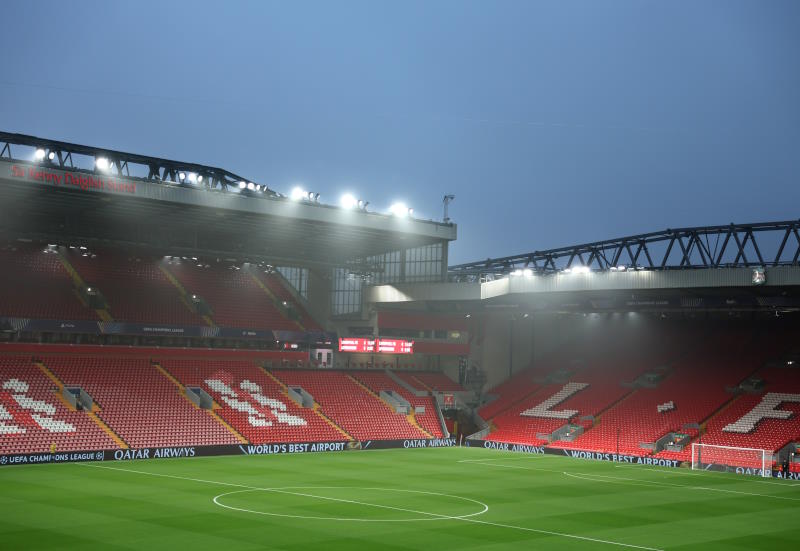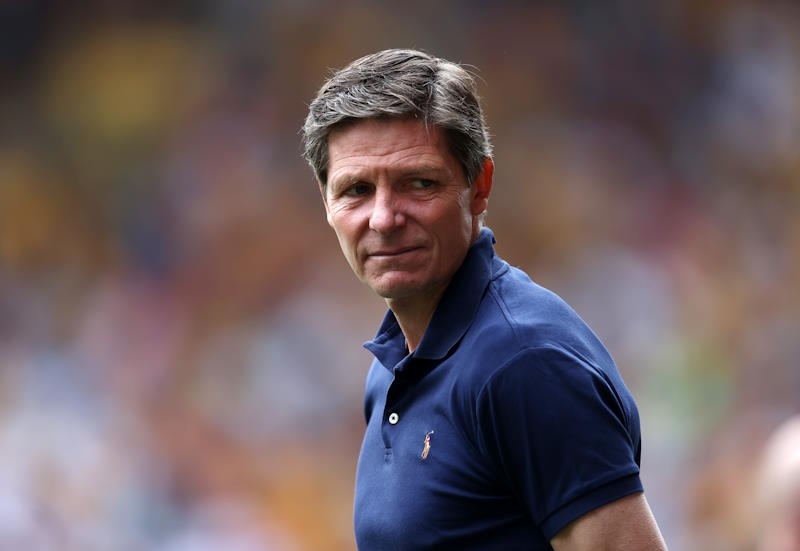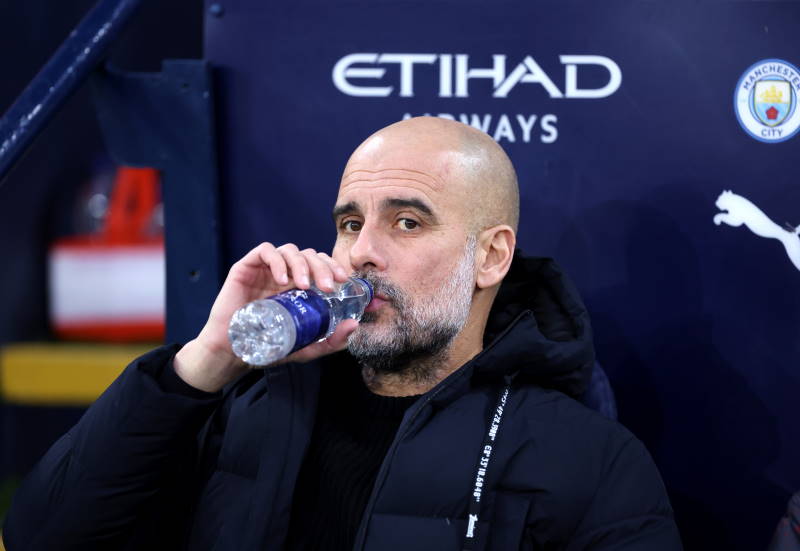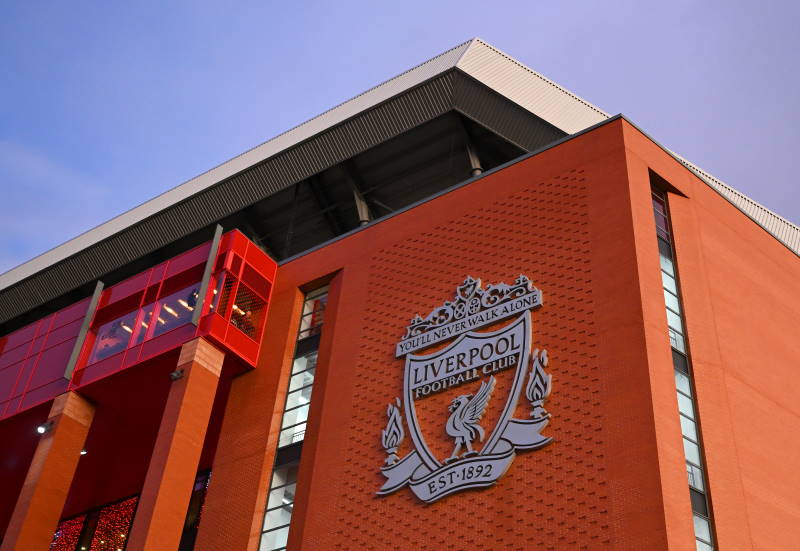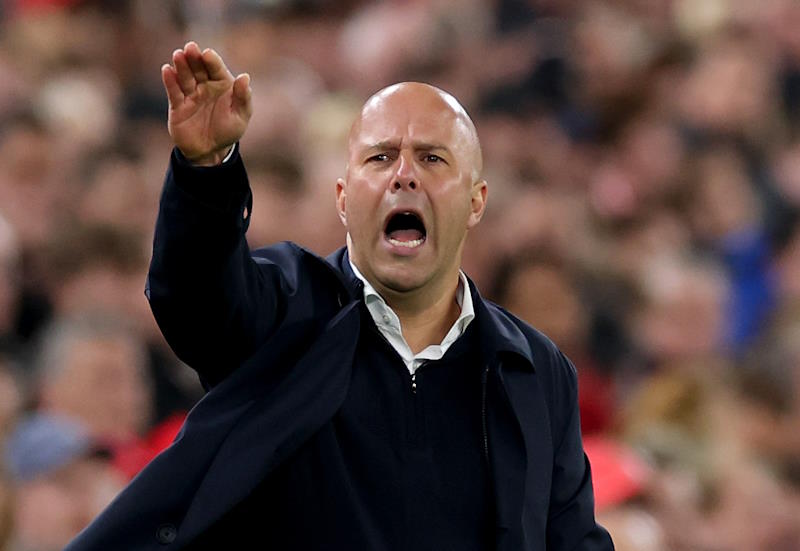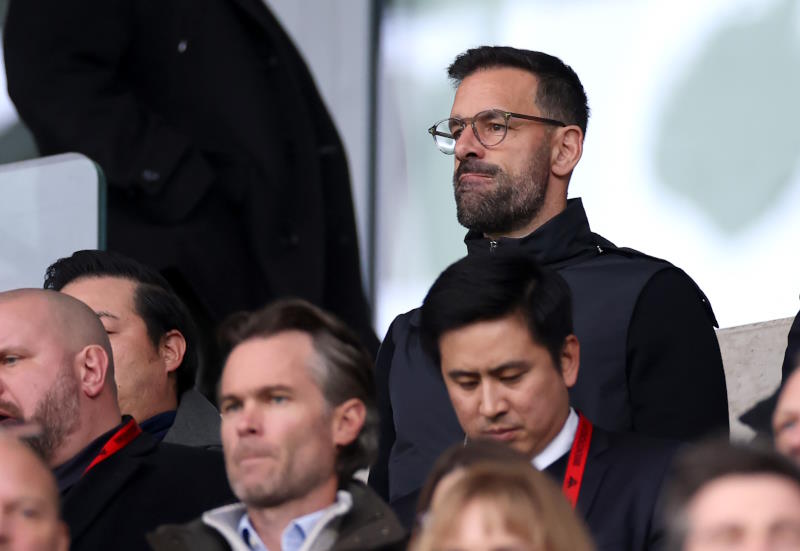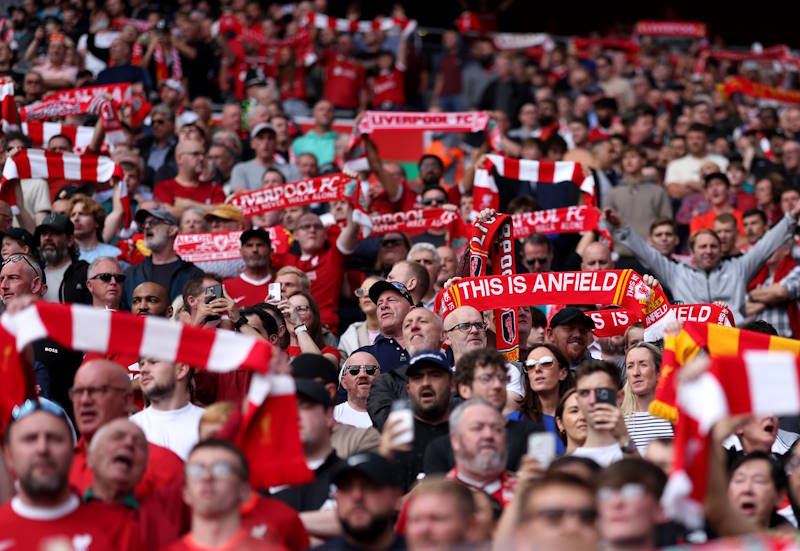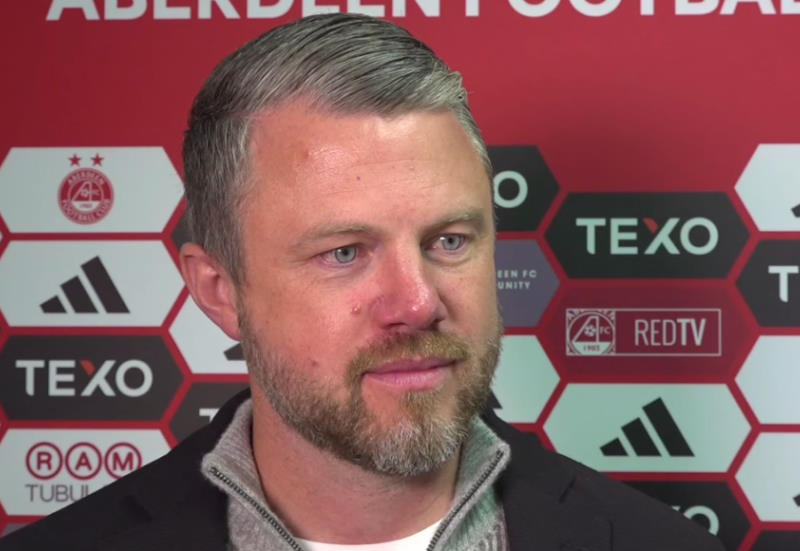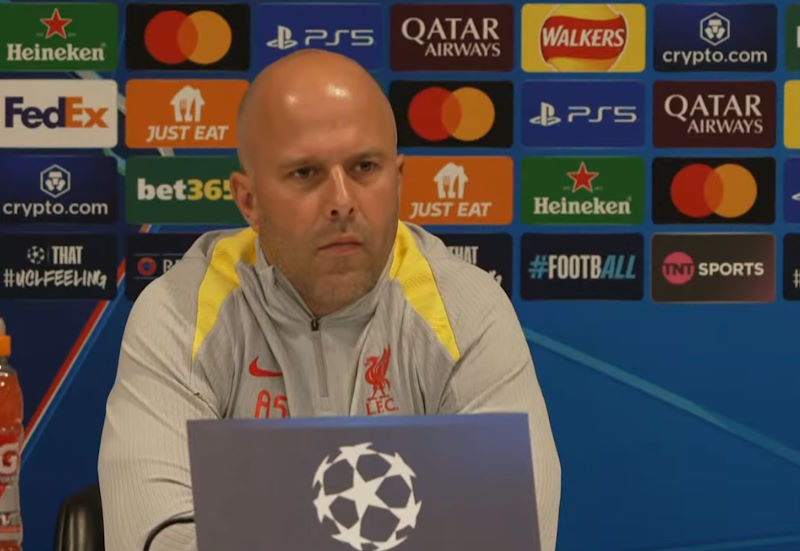
As the Old Lady get ready to say goodbye to one of their most cherished sons, the future for the man who led one of the most successful sides in the club’s history is far from the black and white he is so famous for wearing with distinction for nearly two decades.
Alessandro Del Piero, the iconic Italian striker, a World Cup and Champions League winner, is currently in the 19th season of a career spent (almost) entirely at Juventus. However, despite the Bianconeri’s 15-game unbeaten start to the season and Serie A table-topping antics, Juventus have struggled to find space for the top scorer and most-capped player in their history; furthermore, it has been announced by the club hierarchy that this season will definitely be the playmaker’s last in Turin.
Del Piero has previously said that he wants to play on until he reaches 40, and at 37 he is still some way off his intended retirement age. This has led to inevitable transfer speculation, which has linked the legendary forward with English Premier League clubs such as Fulham and Tottenham Hotspur, ambitious smaller outfits like FC Sion in Switzerland, and the usual destinations for gilded veterans nearing the end, namely the MLS and the Middle East.
As with many players fiercely dedicated to one club, the Italian has to come to a familiar, and often heart-wrenching, decision: should he stay or should he go?
There is an obvious emotional attachment among men so closely associated with one club, a bond which draws them to their side and turns them away from a tempting transfer, and additionally there is a certain cachet that sees such players go down in legend. Tom Finney and Billy Wright; Paolo Maldini and Franco Baresi; Paul Scholes and Tony Adams, the list goes on.
In a post-Bosman age of player power, agents of fortune and free transfers, fewer players stay at one team for too long – those still eligible to enter the exclusive one-club group tend to fall into either the camp of playing for a top outfit (Ryan Giggs, Paul Scholes, Lionel Messi, Andres Iniesta, Xavi, Iker Casillas, John Terry) or happen to be fans of their hometown clubs (Francesco Totti, Daniele De Rossi, Gabriel Agbonlahor), who fortunately are not exactly struggling either. Even being in both camps is no resistance to the thought of leaving, as evidenced by Liverpool’s Steven Gerrard, who twice flirted very heavily and publicly with the idea of moving to Chelsea before deciding to stay at Anfield.
Considering these realities, as well as the fact that it is the club and not the player instigating the potential departure, a season or two at another side is hardly going to seriously undermine a legacy including nearly 300 goals, a European Cup, three more Champions League finals and seven Scudetti (five if discounting the titles struck out after the Calciopoli scandal, for which the players were blameless). Del Piero may have been at one of the world’s biggest clubs during a golden period, but as he showed in 2006 when he turned down Manchester United to stay at a disgraced Juventus, relegated to Serie B following Calciopoli, his loyalty is equal to the likes of Nat Lofthouse and Matt Le Tissier, who unwaveringly stayed at their clubs despite their deficiencies and the chance to move to bigger sides.
However, should Del Piero opt to end his career at the club with which he will always be associated – Juventus – then that would mean retirement in around six months’ time. Most footballers play until injuries or age stop them, not merely for financial reasons, but also for that most cringe-worthy cliche, the ‘love of the game’. As players such as Maldini and Giggs have shown, modern players can easily carry on through their late thirties to play key parts, and so even if Juventus do not want him, Del Piero could play a vital role for another club, perhaps spearheading an unlikely push for silverware.
There are precedents for veteran players moving to smaller clubs and having a galvanising effect, with talents such as Roberto Baggio (Brescia), Kevin Keegan (Southampton) and Robert Prosinecki (Portsmouth) all writing themselves into the record books at the tail end of illustrious careers. Though this trio were relative journeymen, many others have left a club they have represented for all their professional careers and thrived elsewhere.
Raul, the legendary Real Madrid striker, is currently plying his trade at Schalke, where he was at the forefront of their improbable run to the semi-final of last season’s Champions League, while England’s World Cup-winning captain Bobby Moore left West Ham United for the twilight of his career, facing his beloved Hammers in the 1975 FA Cup final with Fulham. Most famously, Pele came out of retirement in 1975 for a trailblazing and dramatic spell at New York Cosmos, having previously spent his entire career at Santos. Even at 37, a player of the considerable stature of Del Piero should be able to emulate these fellow greats and lead a smaller club, perhaps in a different league, with distinction.
However, not all Indian summers are quite so sunny, as the experiences of other luminaries would testify. Bobby Charlton’s stint as player-manager at Preston North End did not befit either party’s grand reputations, while Josep Guardiola’s post-Barcelona sojourn was most notable for a drugs ban incurred whilst at Brescia. Semi-retirements to the Middle East, in the manner of Fabio Cannavaro, have no reward; the football is of such a stultifyingly low standard it barely counts as continuing to play, and on top of that the player leaves himself open to accusations of greed, which further tarnish their great legacy.
Whether or not Del Piero will choose to chance it away from the love and adulation as arguably the greatest player in Juventus’ history is still a moot point. What is more certain is that after all the fantastic performances and famous goals, the free kick prowess and all those strikes from ‘The Del Piero Zone’, he will always be regarded as one of Italy’s greatest No. 10s, a world-renowned hero emulated by many, given standing ovations in hostile arenas such as the Bernabeu. As the light dims on a glorious career, the final destination for one of the most golden greats to wear the black and white stripes is decidedly grey.

